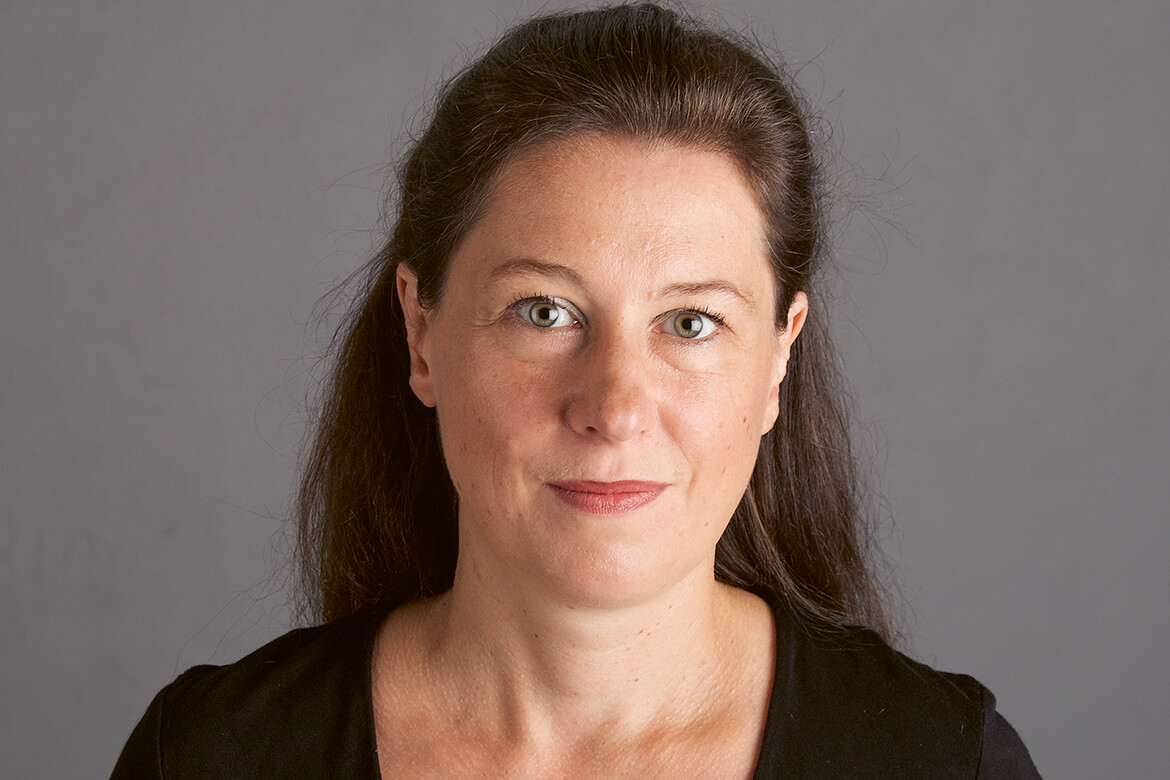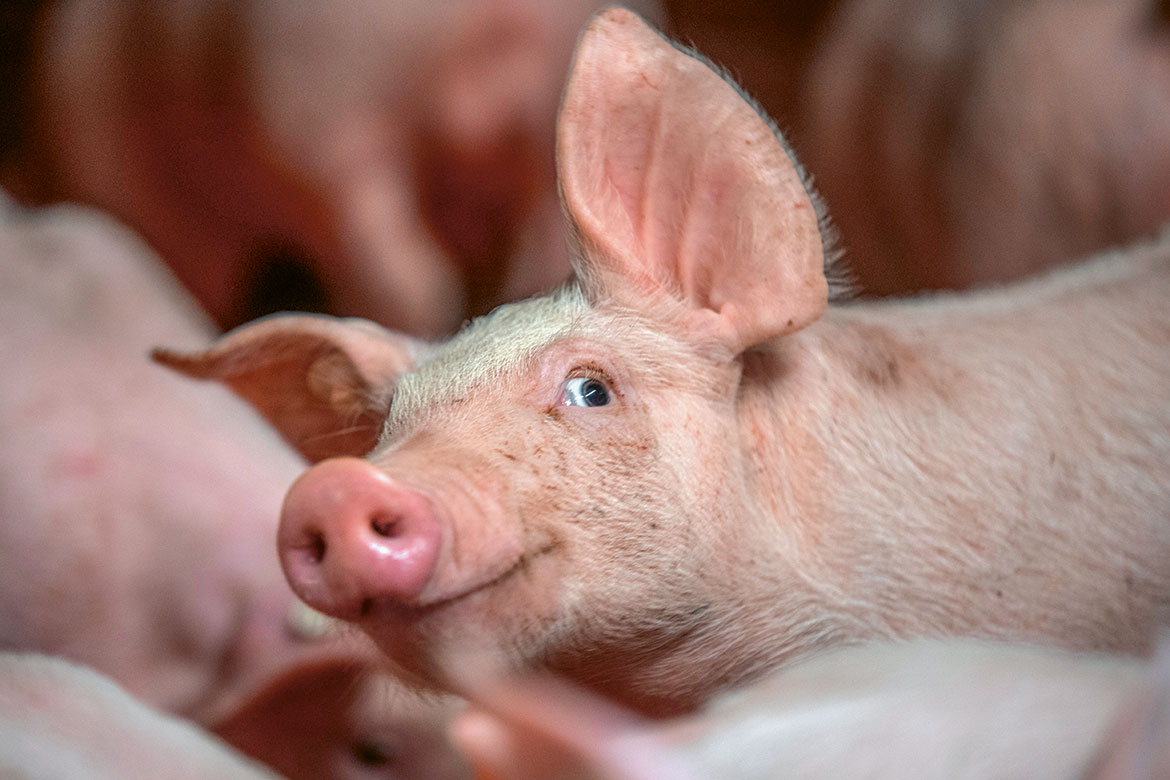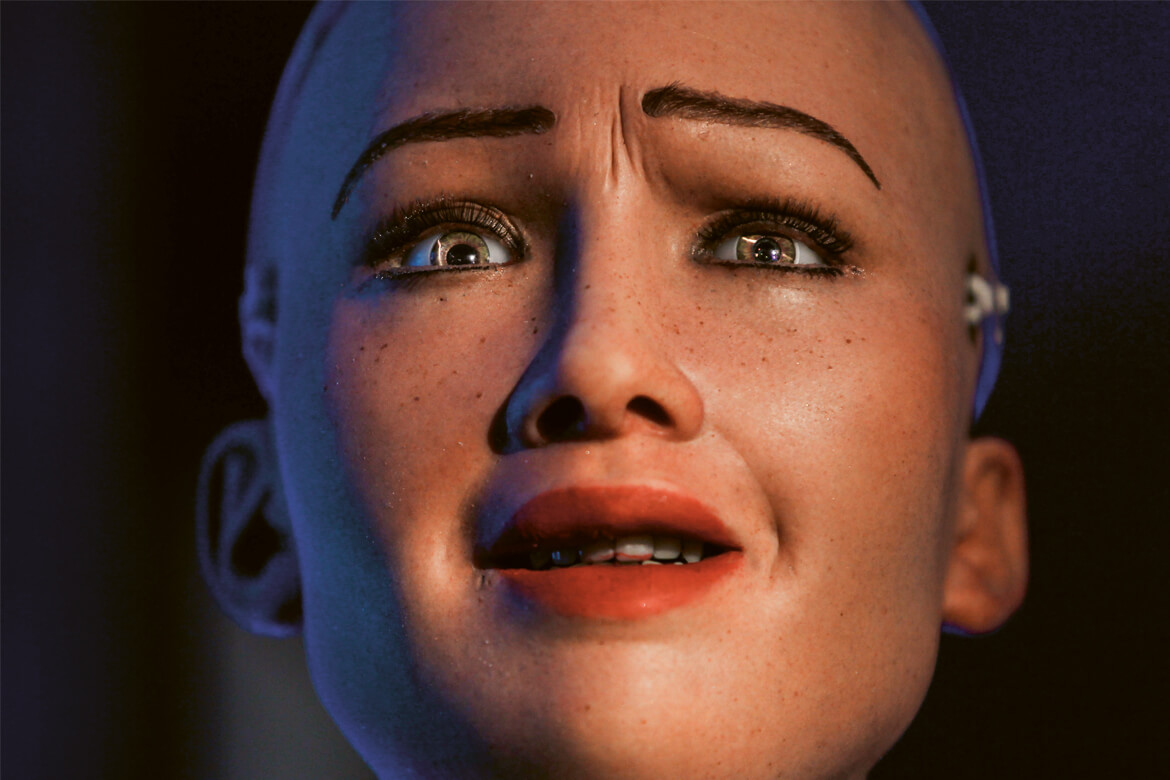Feature: Rationalising emotion
The emotions of researchers
Emotions play a big role at the workplace. Homo scientificus devoted only to research has never really existed, writes Judith Hochstrasser.

Whether in the darkness of the city park or in a toxic work environment: fear exhausts and cripples you. | Photo: Fred Merz
I recently had to decide between two different apartments. The first was huge, had one room more than the other, and had an unusual floor-plan and an open kitchen. The other was small, cost roughly the same amount, but had just been renovated and the living room offered a panoramic view of one of the most beautiful parts of town.
I made an inner checklist and went through it. What was better about the one or the other, and what wasn’t as good? But simply ticking off a mental list of pros and cons didn’t get me any further. We often trick ourselves by adding more negative points to one side when our gut simply says ‘no’. Ultimately, I took a moment for myself, closed my eyes and imagined myself in each of the apartments. How did I feel? Then suddenly it was obvious which I’d prefer. I chose the smaller apartment. It gave me a sense of comfort yet of freedom at the same time. The other made me feel both lost and confined.
We can’t make decisions without emotions. Cognitive psychologists already realised this back in the 1960s. But this knowledge was ignored by economists for a long time. They looked on the human being as a homo economicus, whose sole focus is maximising benefits. Behavioural economists dared to look again, taking as one of their basic assumptions the notion that human beings decide according to how they feel. One of the founders of the field, Daniel Kahneman, was awarded the Nobel Prize for Economics in 2002.
Today, emotions are a focus of intense research in all kinds of scientific disciplines. But they’re also important in our places of work – in the laboratory, the lecture hall and our research institutes. If the atmosphere there is characterised by intense competitive pressure, or if people are harassed, then even passionate scholars can be driven away. And if highly qualified scholars notice that things are unpleasant in a department, then they won’t want to work there. So emotions can also determine how a career can pan out. There is no such thing as Homo scientificus, concerned only with his or her research. This is why universities should do everything they can to offer a healthy, respectful working environment, however competitive the work itself might be.




